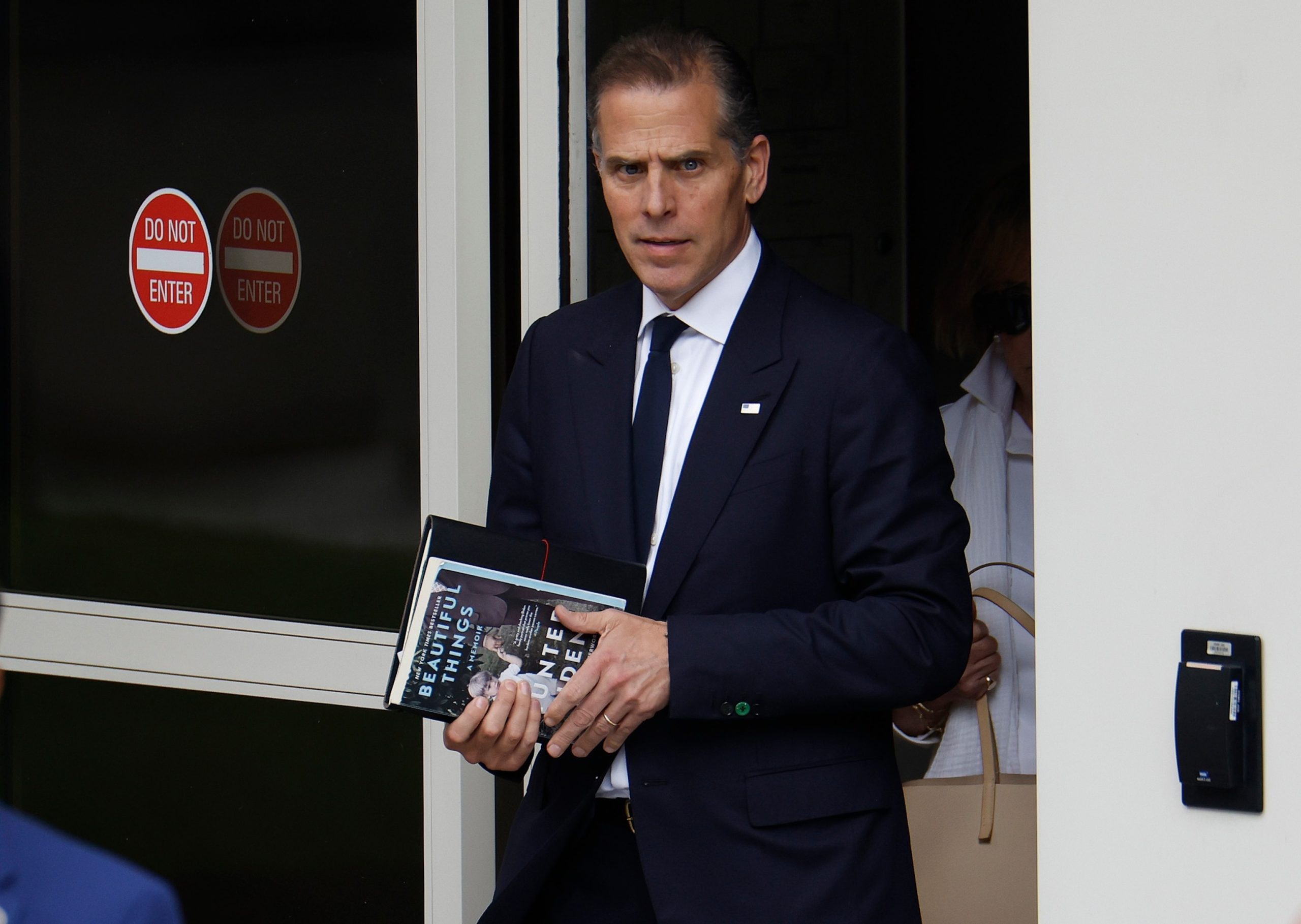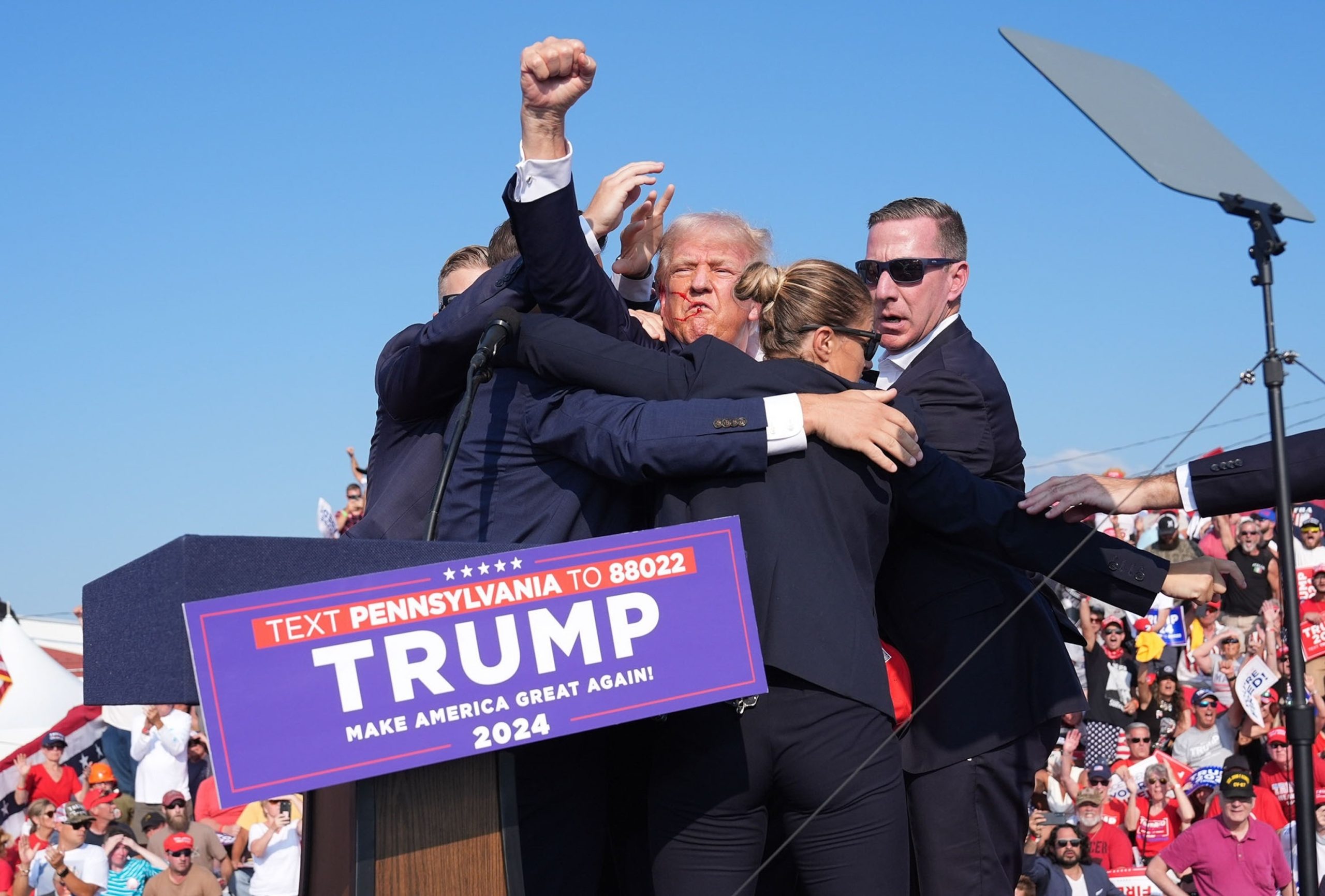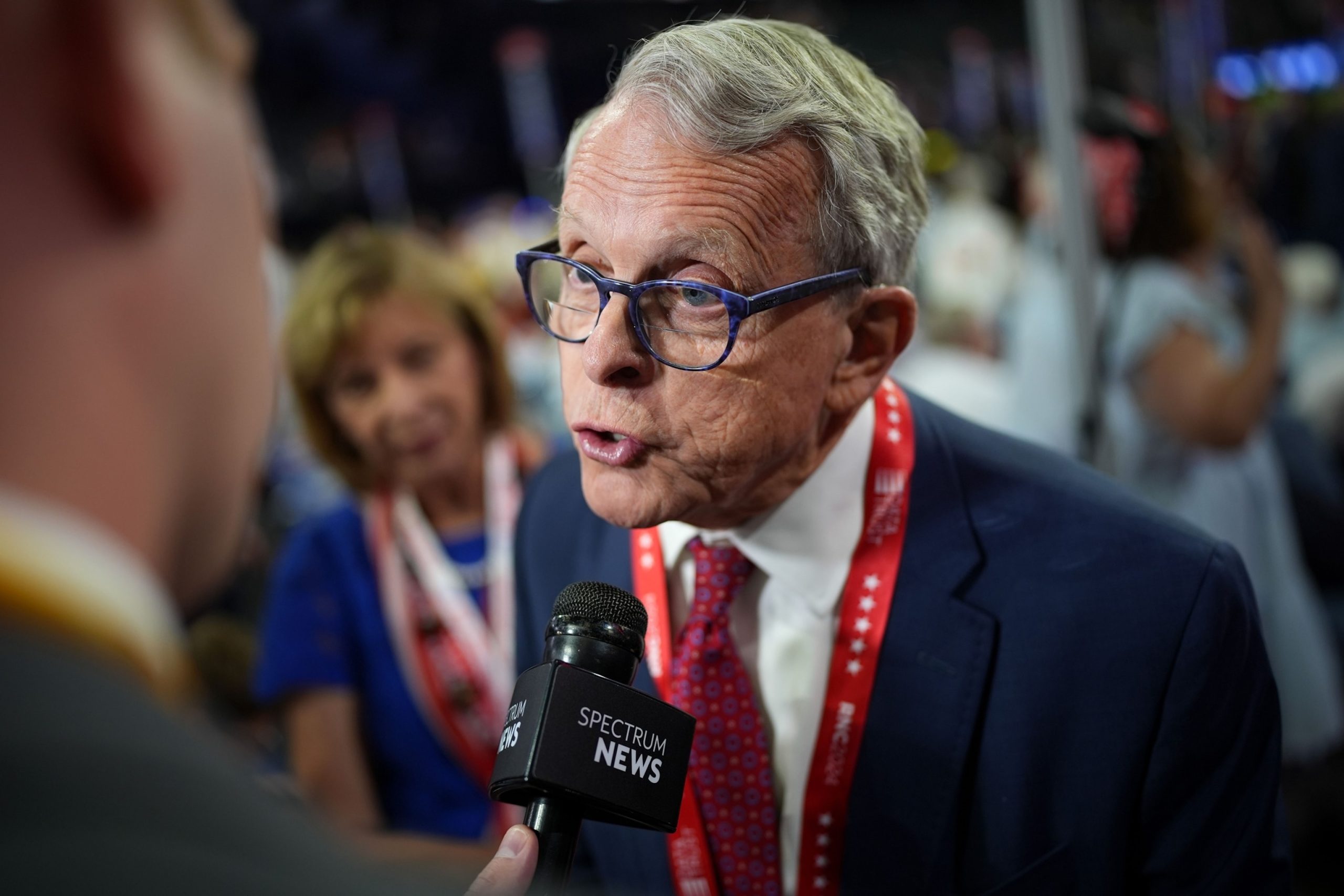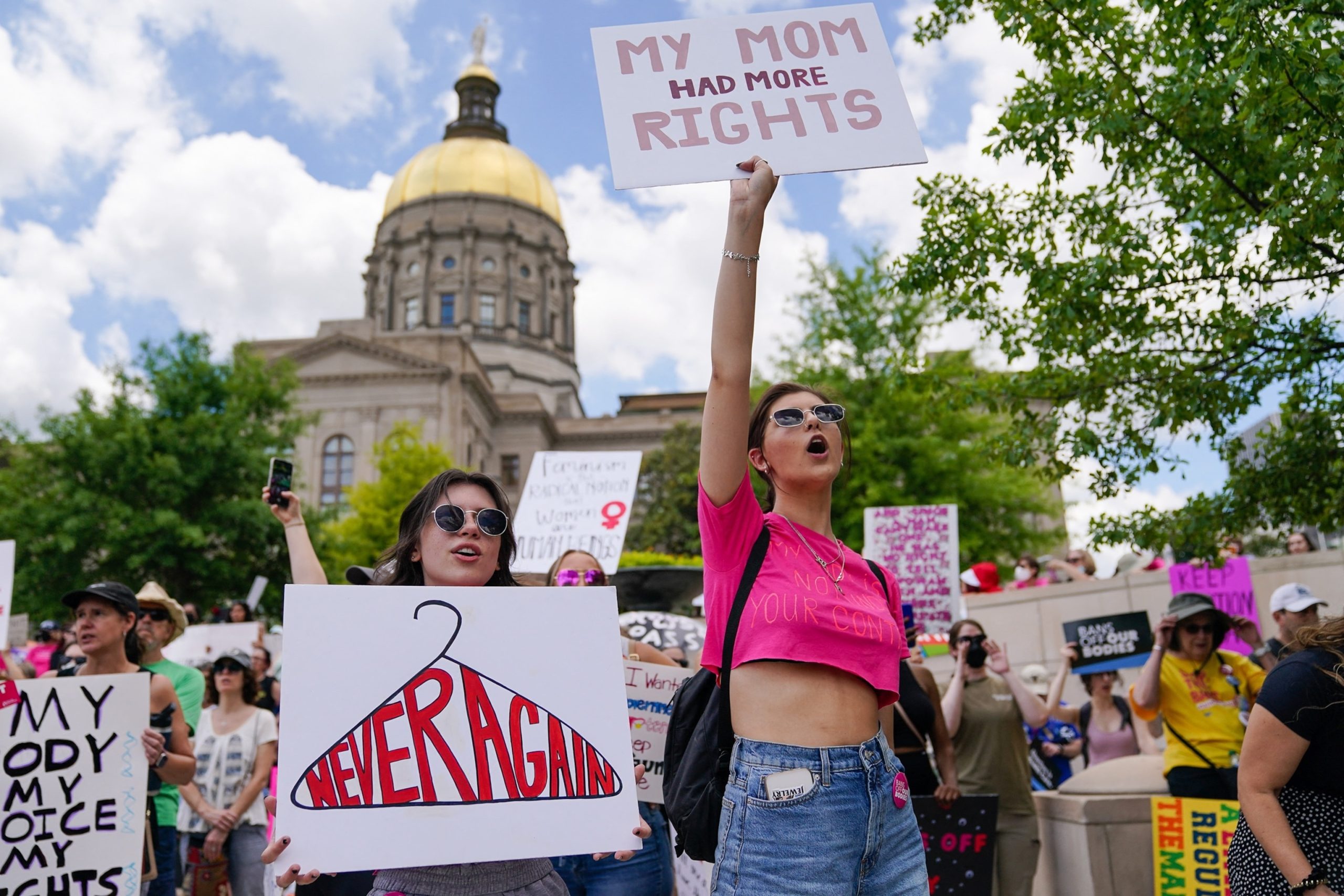Hunter Biden, the son of President Joe Biden, attempted to enlist support from the U.S. Ambassador to Italy in 2016 to arrange a business meeting on behalf of Burisma for a prospective energy deal, according to his attorney.
The New York Times first reported the overture, which occurred during Joe Biden’s time as vice president.
In a statement to ABC News on Tuesday night, Abbe Lowell, an attorney for Hunter Biden, characterized Hunter Biden’s letter to John Phillips, the U.S. ambassador in Rome at the time, seeking a “simple introduction” as a “normal and proper practice.”
“No meeting occurred, no project materialized, no request for anything in the U.S. was ever sought, and only an introduction in Italy was requested,” Lowell said.
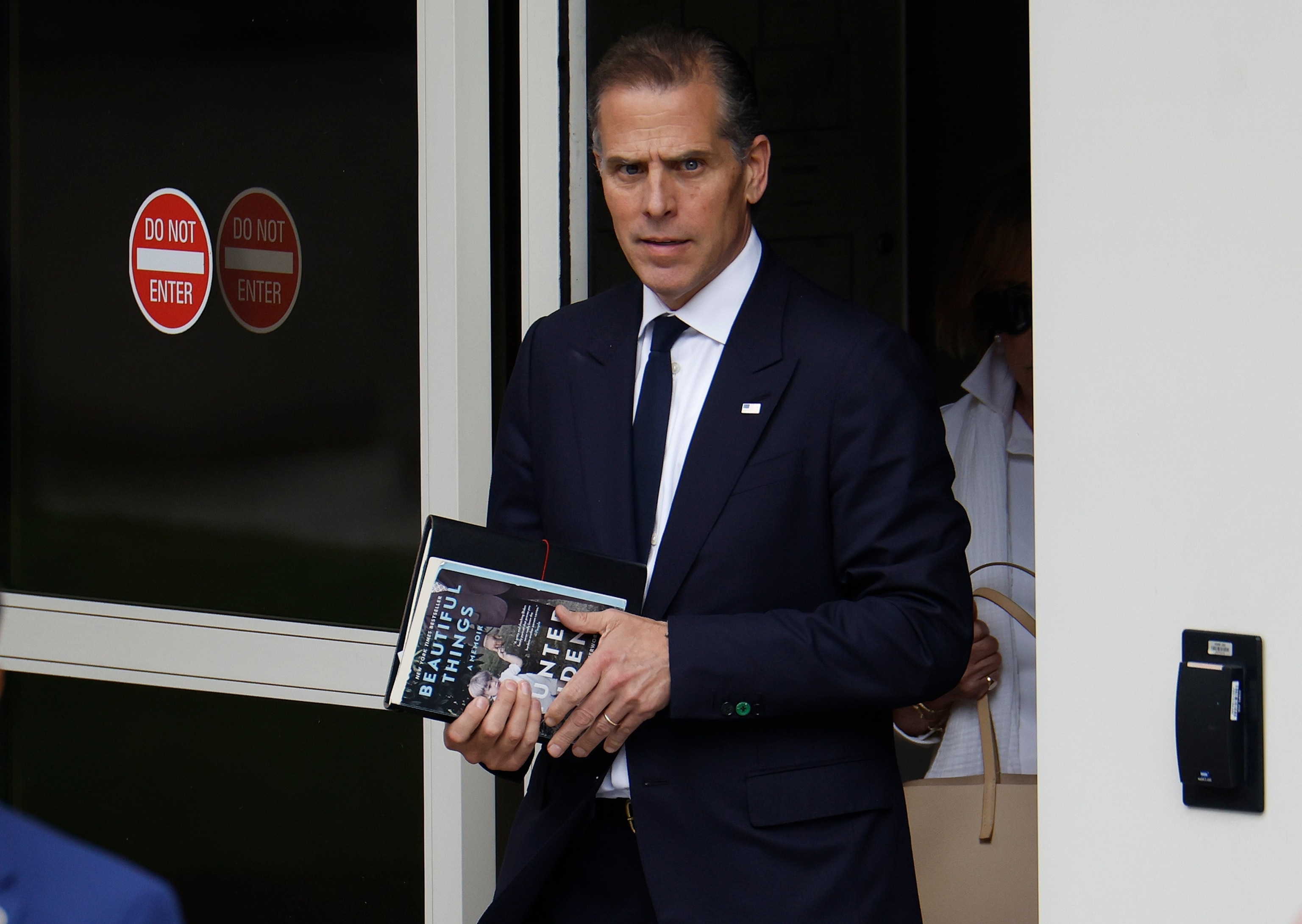
Hunter Biden, the son of U.S. President Joe Biden, leaves the J. Caleb Boggs Federal Building on June 06, 2024 in Wilmington, Delaware. (Photo by Kevin Dietsch/Getty Images)
Kevin Dietsch/Getty Images
The New York Times reported that it had secured records related to Hunter Biden’s request after a lengthy legal fight with the State Department. The newspaper said in Tuesday’s news article that it initially filed the request for these records in June 2021 and later sued when the department failed to turn them over.
The Times also reported that a State Department official said the timing of the release of these particular documents — just weeks after Joe Biden ended his presidential campaign — was a coincidence.
The actual text of Hunter Biden’s 2016 letter to Ambassador John Phillips was not included in the documents obtained by the Times. But according to Lowell, Hunter Biden reached out to the embassy to see “if they could make a simple introduction of Burisma’s Geothermal company to the President of Tuscany where such projects were being considered.”
The response Hunter Biden received from an embassy aide suggested unease with official U.S. cooperation.
“I want to be careful about promising too much,” a Commerce Department official based in Rome replied to Hunter Biden, according to the Times. “This is a Ukrainian company and, purely to protect ourselves, [U.S. government] should not be actively advocating with the government of Italy without the company going through the [Commerce Department] Advocacy Center.”
Hunter Biden sat on the board of Burisma for nearly five years and earned more than $2 million from the energy firm during that time, according to court records filed as part of his tax case in California.
This latest revelation builds on recent allegations that Hunter Biden attempted to leverage his proximity to power for business gains.
Last week, prosecutors contended in court filings that the younger Biden accepted payments from a Romanian businessman who wanted him to “influence U.S. government agencies” while his father was vice president.
Lawyers for Hunter Biden criticized the allegations related to the Romanian businessman in court filings.
“The Special Counsel’s unnecessary change of tactic merely echoes the baseless and false allegations of foreign wrongdoing which have been touted by House Republicans to use Mr. Biden’s proper business activities in Romania and elsewhere to attack him and his father,” attorneys for Hunter Biden wrote.
In related news, Hunter Biden first addressed his role at Burisma in an interview with ABC News in Oct. 2019. He acknowledged at the time that he would “probably not” have been offered the role at Burisma if his last name hadn’t been Biden, but insisted he “did nothing wrong at all” by accepting overseas work while his father was vice president.
The White House did not immediately respond to a request for comment
Recently, new information has come to light regarding Hunter Biden’s involvement with the Ukrainian energy company Burisma. It has been confirmed that Hunter Biden sought assistance from the US ambassador to Ukraine in relation to his position on the board of directors at Burisma.
This revelation has sparked renewed interest in the controversy surrounding Hunter Biden’s ties to Burisma, as well as the broader implications for US foreign policy and diplomatic relations with Ukraine.
The confirmation that Hunter Biden sought assistance from the US ambassador for Burisma raises questions about potential conflicts of interest and ethical considerations. Critics argue that his actions may have compromised the integrity of US foreign policy in Ukraine, particularly given the ongoing political tensions between the US and Russia in the region.
Furthermore, this development also sheds light on the broader issue of political influence and nepotism in Washington. Hunter Biden’s position on the board of Burisma has long been a subject of scrutiny, with many questioning whether he was qualified for the role or if his appointment was simply a result of his father’s political connections.
The fact that Hunter Biden sought assistance from the US ambassador for Burisma only adds fuel to the fire, as it suggests that he may have been using his family’s political influence to further his own interests. This raises concerns about the potential abuse of power and privilege within the political elite, and calls into question the transparency and accountability of government officials.
In light of these revelations, it is important for lawmakers and government officials to conduct a thorough investigation into Hunter Biden’s activities with Burisma, as well as any potential conflicts of interest that may have arisen. Transparency and accountability are essential in maintaining the integrity of our political institutions and ensuring that public officials act in the best interests of the American people.
Overall, the confirmation that Hunter Biden sought assistance from the US ambassador for Burisma highlights the need for greater scrutiny and oversight of political influence and nepotism in Washington. It is crucial that we hold our elected officials accountable for their actions and ensure that they are acting in the best interests of the country, rather than their own personal gain.
